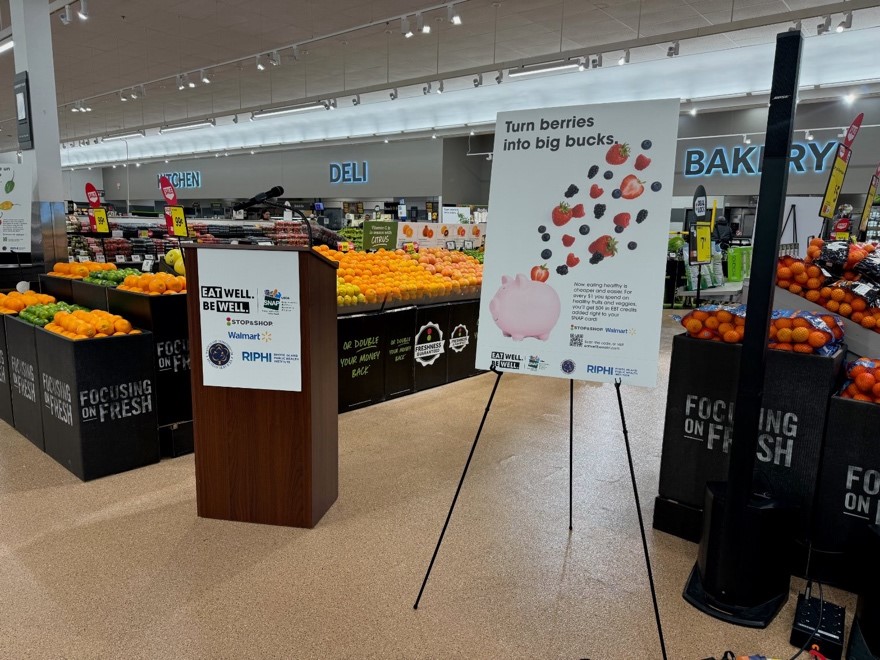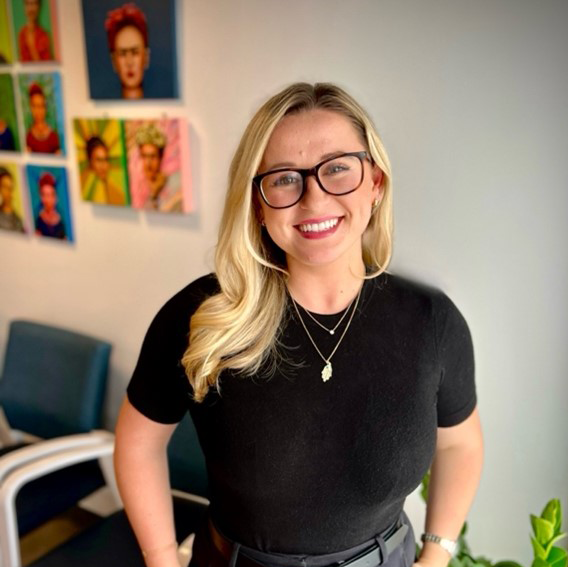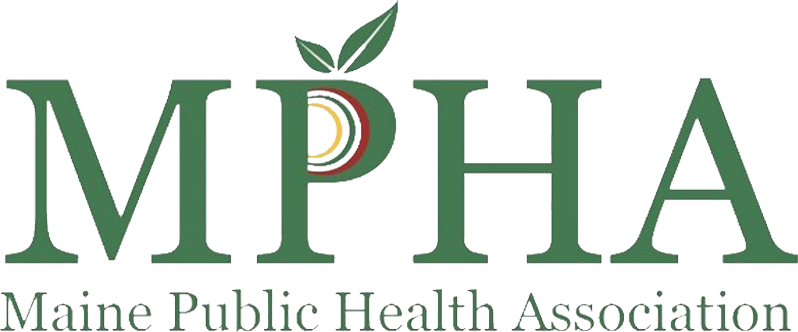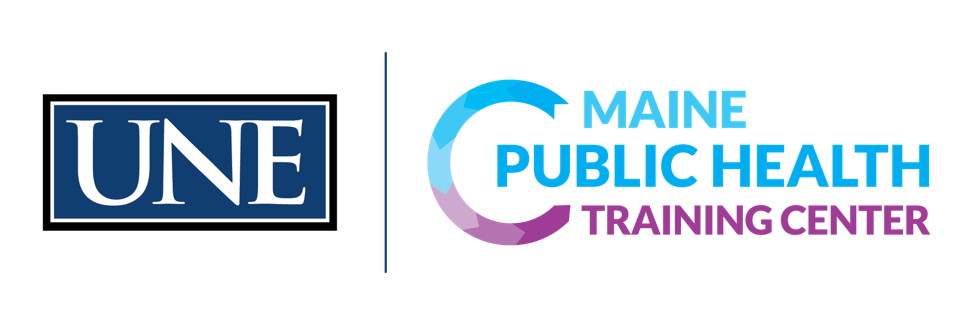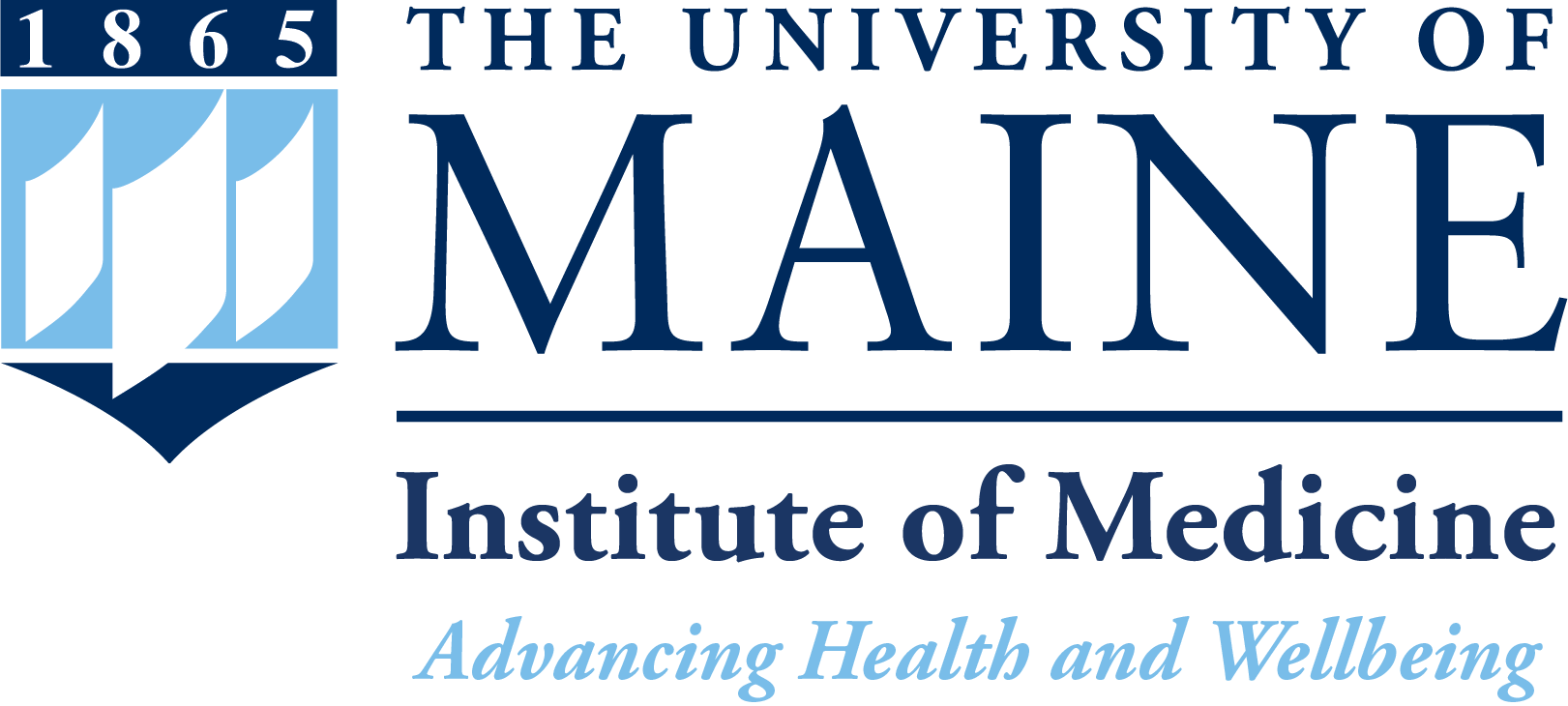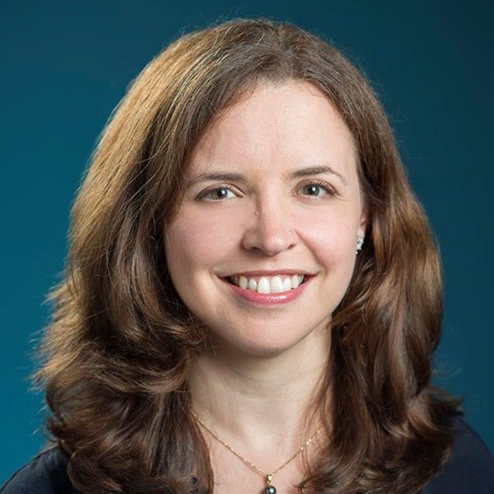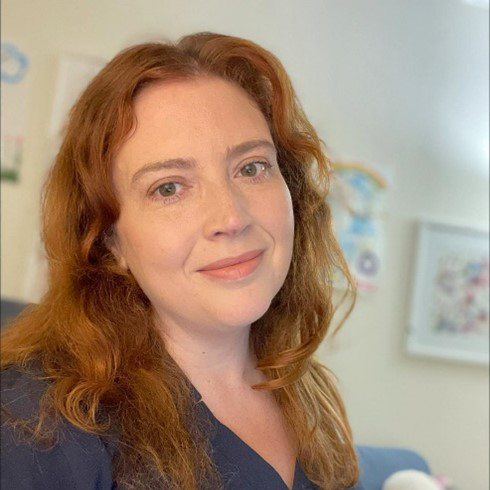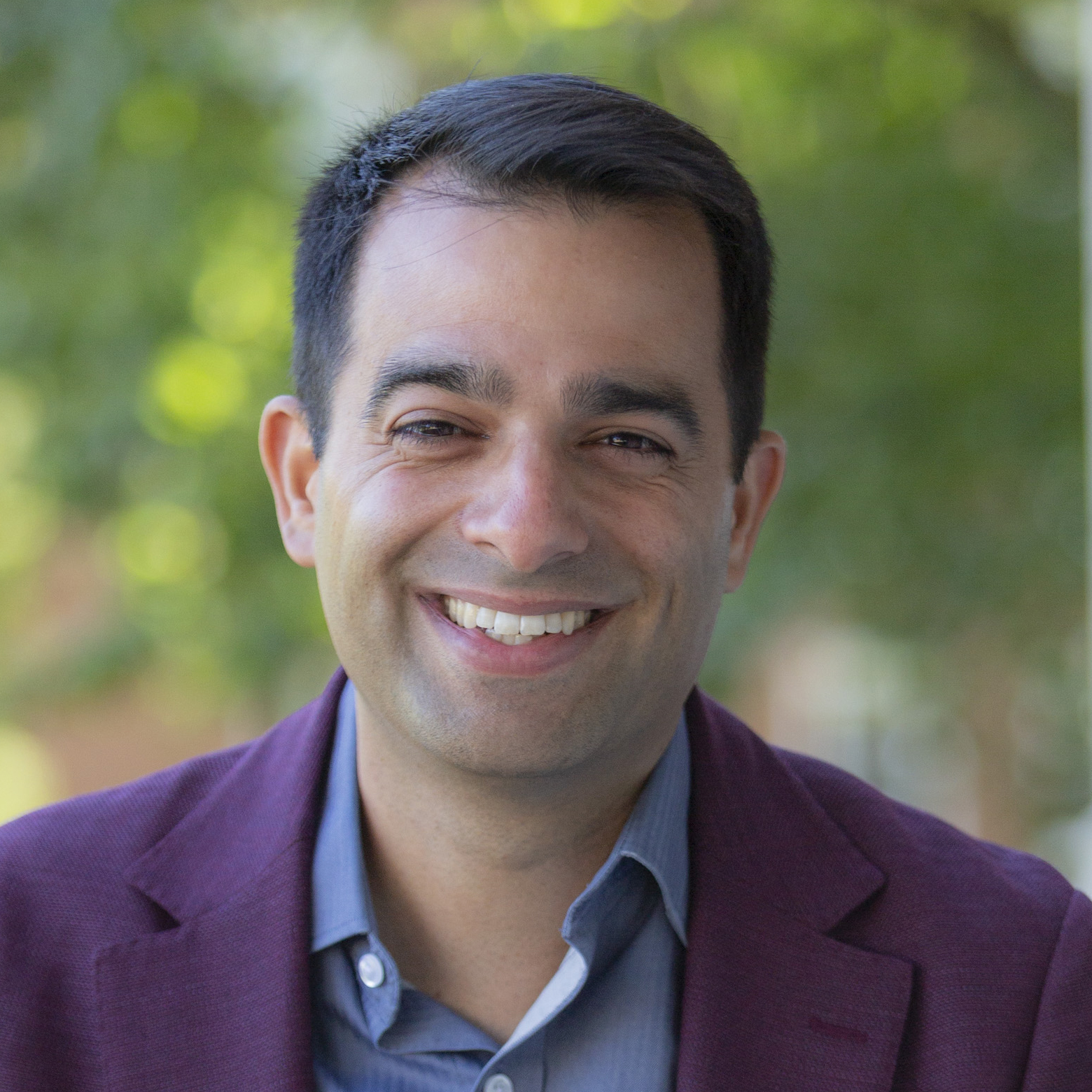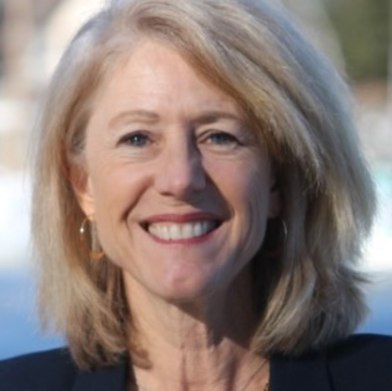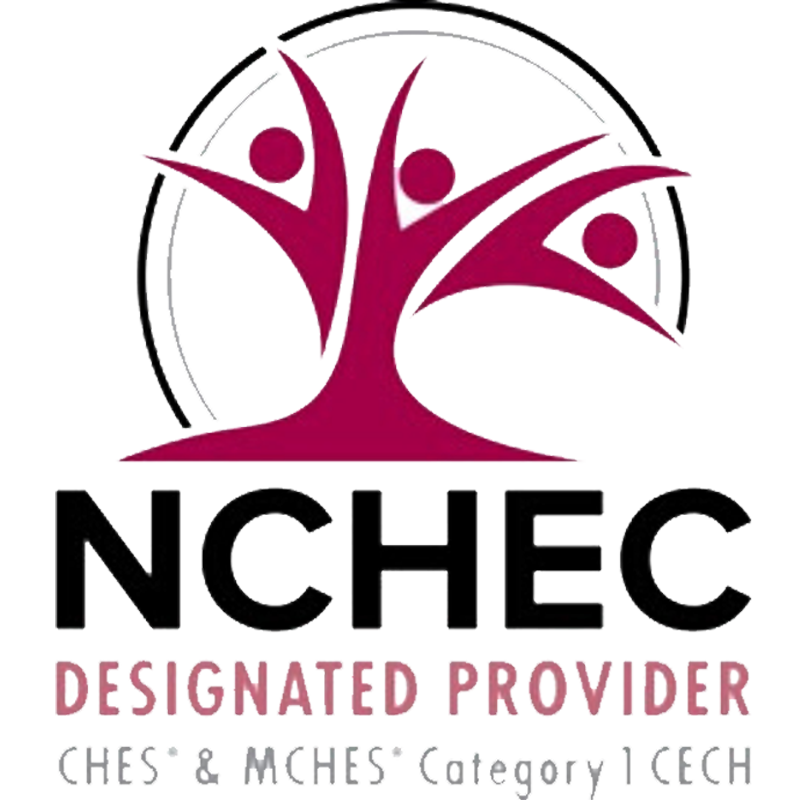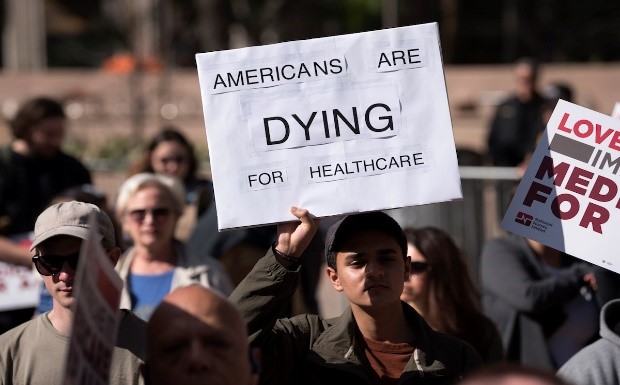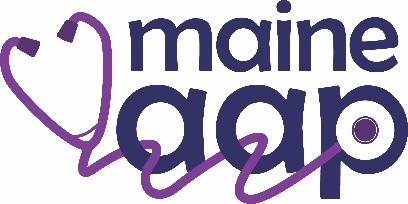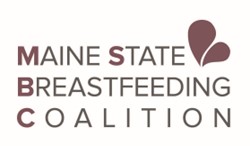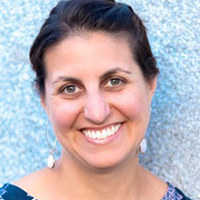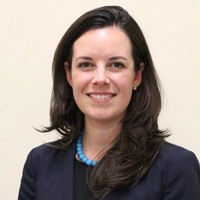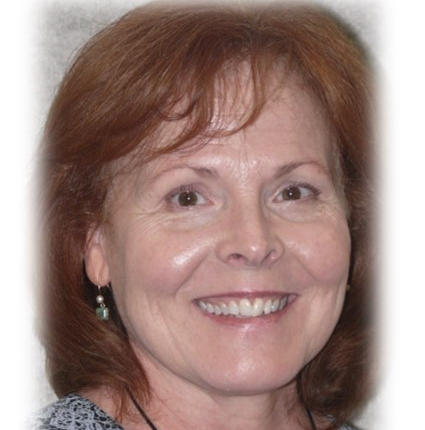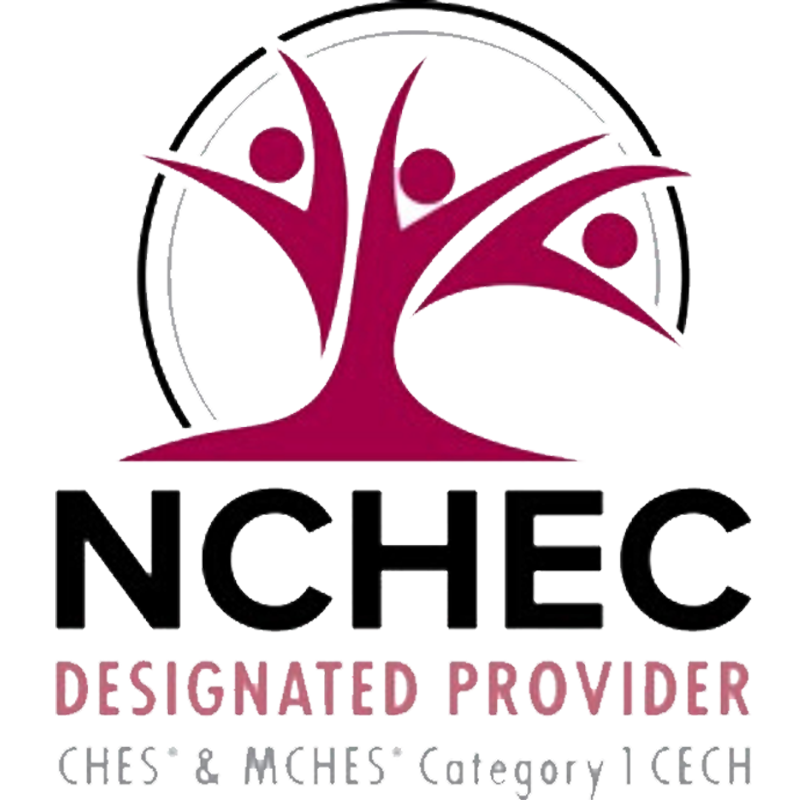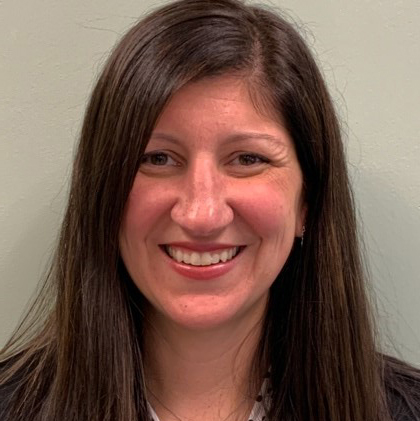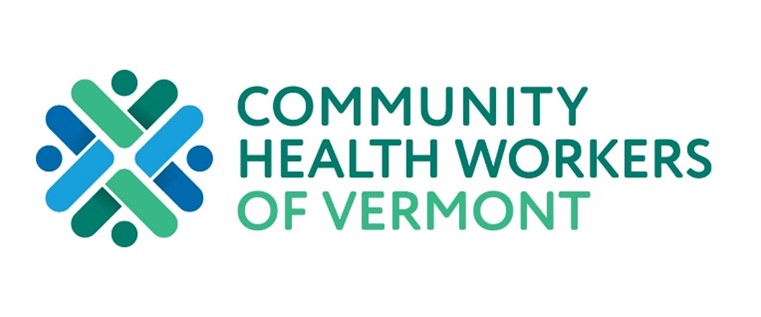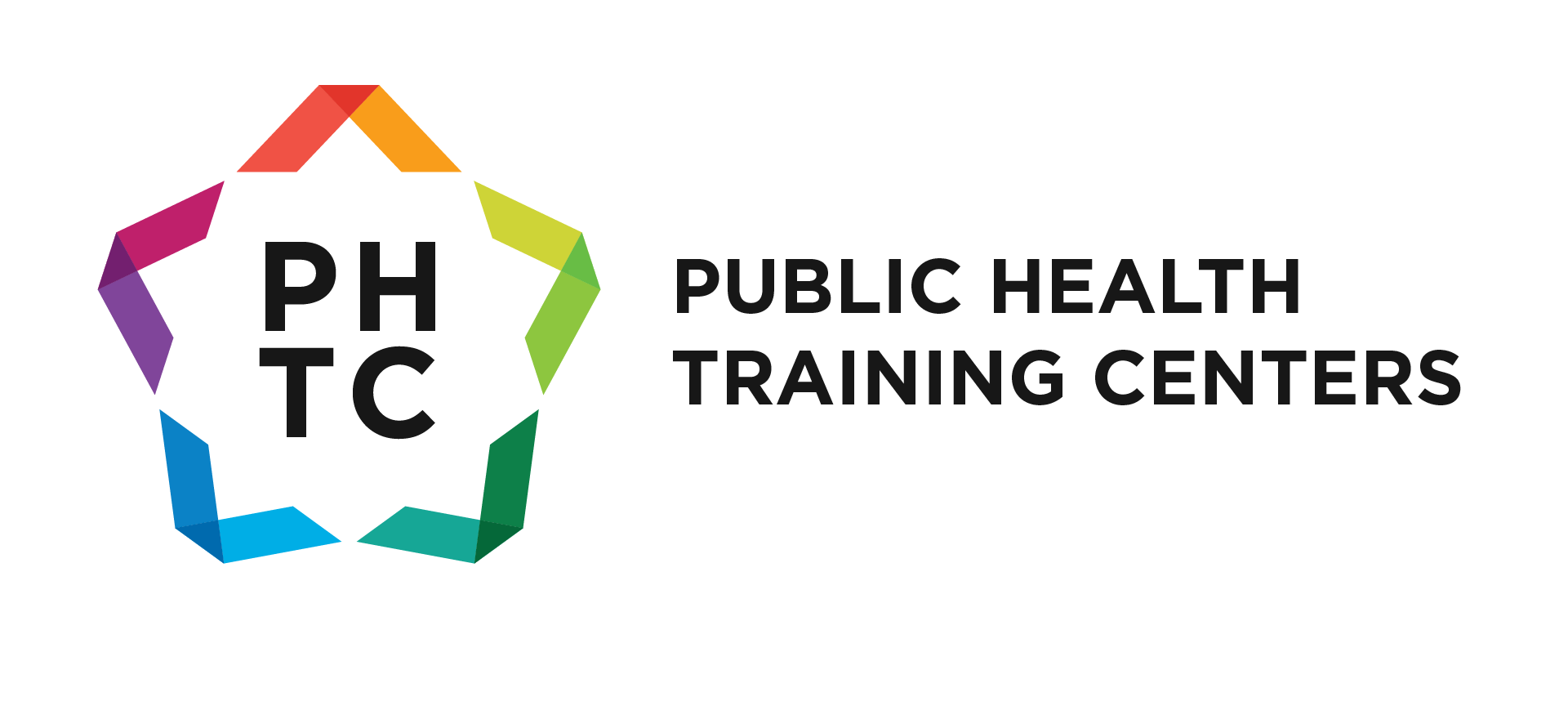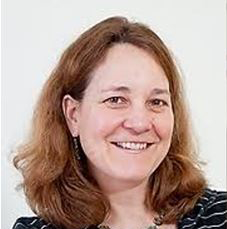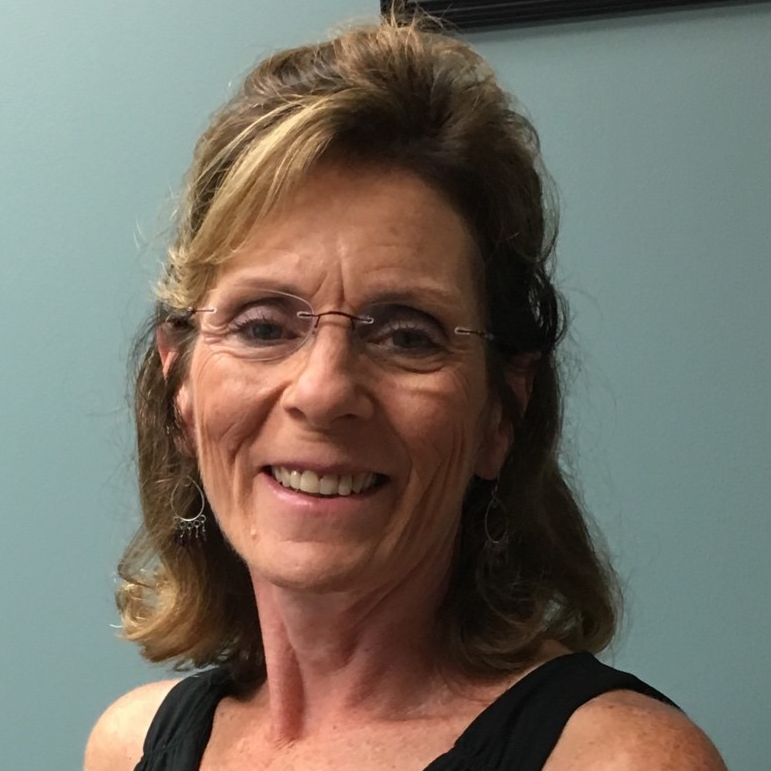
Understanding the Structural and Social Determinants of Health to Prevent Problem Gambling
How can addressing social determinants of health enhance your impact on preventing problem gambling?
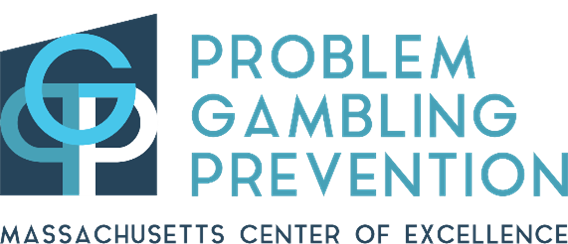
Course Information
- Audience: public health professionals, community health workers, social workers, counselors, prevention specialists, educators, nonprofit leaders, policy makers, program managers, healthcare providers, and anyone involved in problem gambling prevention or community health initiatives.
- Format: Self-Paced
- Price: Free
- Length: 3 Hours
- Credential(s) eligible for contact hours: Sponsored by New England Public Health Training Center (NEPHTC), a designated provider of continuing education contact hours (CECH) in health education by the National Commission for Health Education Credentialing, Inc. This program is designated for Certified Health Education Specialists (CHES) and/or Master Certified Health Education Specialists (MCHES) to receive up to 1 total Category I continuing education contact hour. Maximum advanced-level continuing education contact hour is 1. Provider ID: 1131137 Event ID: 08122020. If you are not seeking a CHES/MCHES contact hours, if you complete the post-test and evaluation, you will receive a Certificate of Completion. The Certificate will include the length of the course.
- Competencies: Analytical / Assessment Skills,
Policy Development / Program Planning Skills,
Cultural Competency Skills,
Community Dimension of Practice Skills - Learning Level: Awareness
- Companion Trainings: None
- Supplemental materials: None
- Pre-requisites: None
About this Course
This training consists of a two-part presentation given in partnership with the Massachusetts Center of Excellence on Problem Gambling Prevention, you can find more information about trainings like this on their website, www.mcoepgp.org
- Part 1: What's Equity Got To Do with It? explores how to center health equity in problem gambling prevention by enhancing cultural proficiency and addressing structural and institutional factors that impact community health. Participants will examine the historical and policy influences shaping communities and identify practical strategies to apply health equity principles to improve the well-being of individuals and communities.
- Part 2: Partnering for Change explores how the social determinants of health (SDOH) impact problem gambling and addresses ways to promote health equity. Participants learn strategies for using data to inform action plans and building authentic community partnerships to address key issues within their communities. It provides actionable insights for integrating SDOH into prevention efforts.
What you'll learn
After completing Part 1: What's Equity Got To Do With It? the training, you will be able to...
- Define and describe common concepts and words associated with disparities, health equity, and cultural-linguistic responsiveness
- Describe how structural and institutional factors impact community health
- Identify how discrimination and oppression of all kinds are a threat to the health of communities
- Identify ways to apply health equity and cultural responsiveness to our work to improve the individuals we serve and the overall community’s health
After completing Part 2: Partnering for Change the training, you will be able to...
- Identify key issues to analyze and address when planning to eliminate health disparities caused by the social determinants of health.
- Describe the social determinants of health and explore how they can be addressed through problem gambling prevention efforts.
- Identify methods for collecting and analyzing data on health disparities to inform and prioritize key issues within the community, contributing to a health equity action plan.
- Identify strategies for building authentic partnerships within the community to facilitate a process of community change.
Subject Matter Expert
 Debra Morris, MPH,
Debra Morris, MPH,
Health Equity Advisor and Trainer Ben Spooner, BS, CPS
Ben Spooner, BS, CPS
Associate Project Director
Carol Musallam,
Training Coordinator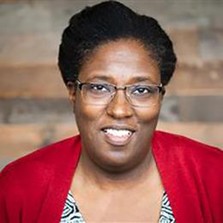
Ivy Jones Turner,
Training and Technical Assistance Manager
Debra Gardner Morris, an expert in advanced training and technical assistance, helps build strong systems to promote health and support substance misuse prevention. She brings extensive experience in evidence-based prevention strategies, cultural competency, effective methods to address health disparities, school-based prevention, management of large national public health centers, and systems change. Morris is a lead training and technical assistance specialist for Prevention Solutions@EDC. Nationwide, she provides coaching to engage and mobilize communities to implement environmental prevention strategies. Drawing on a deep understanding of the needs and challenges of the public health workforce, she builds capacity to launch, monitor, improve, and sustain public health initiatives. Morris specializes in guiding agencies in coordinating their services to enhance efficiency and improve outcomes. She has managed and provided training and technical assistance at all levels of government and nonprofit organizations, and uses a wide range of on-site, virtual, and blended methods. Morris holds an MPH from Emory University focused on Behavioral Sciences and Health Education. She is a Master Certified Health Education Specialist (MCHES).
Mr. Spooner is an experienced project manager and training and technical assistance (TA) provider, and has a passion for advancing cultural and linguistic responsiveness and helping communities do the same. He brings expertise in communications planning, sustainability planning, strategic planning, event organizing, and developing and facilitating virtual events. He specializes in providing training and developing tools that build the capacity of prevention professionals in key areas such as SAMHSA’s Strategic Prevention Framework. Mr. Spooner holds a BS in Marketing from the University of Connecticut and a PMD Pro Certification from APMG International. He is a Certified Prevention Specialist in Massachusetts.
Carol holds a master’s degree in Global Studies and International Relations from Northeastern University, and she is passionate about social impact, health equity and international development. As a global development professional, she brings expertise in digital and communications strategy, project management, policy analysis and advocacy. She is fluent in English and Arabic with hands on experience in projects based in Jordan, Lebanon, Syria, and Mexico.
Ivy Jones Turner has provided training and technical assistance (T/TA) on the promotion and prevention of behavioral health issues with nonprofit, state, and community-based organizations, faith-based agencies, and school districts for more than 15 years. Her capacity-building skills include formative and summative program evaluation, program design and implementation, organizational development, and partnerships/collaborations. As the Training and Technical Assistance Manager of EDC’s Massachusetts Center of Excellence on Problem Gambling Prevention, Ms. Jones Turner oversees the Training and Technical Assistance Team in providing a range of capacity-building services to support local communities in understanding, addressing, and implementing projects focused on problem gambling prevention. In addition to working with MCOE PGP, Ms. Jones Turner provided TA to substance misuse prevention providers as part of SAMHSA’s Prevention Technology Transfer Center system and has assisted both urban and rural school districts with implementing and sustaining school and community interventions to prevent youth violence and promote social-emotional and mental health. Previously, Ms. Jones Turner served as a T/TA Specialist and Co-Director of the Center for Strategic Prevention Support (CSPS), providing TA and resources to Massachusetts communities seeking to prevent and reduce the misuse of alcohol and other drugs, assisted both urban and rural school districts with implementing and sustaining school and community interventions to prevent youth violence and promote social-emotional and mental health through the Safe Schools/Healthy Students initiative, and served as project director for The Center for the Advancement of Mentoring, a national T/TA center for youth mentoring programs serving youth who were in foster care, at risk of gang-involvement, were former juvenile offenders, or would have otherwise benefited from a mentor. She is a certified prevention specialist.
Enrollment and Contact Hours
Select the Enroll Me button below to register for this course. If you have any trouble accessing the recording, contact
support@nephtc.org.
Acknowledgement: This project is supported by the Health Resources and Services Administration (HRSA) of the U.S. Department of Health and Human Services (HHS) as part of award 2 UB6HP31685‐05‐00 “Public Health Training Centers.” The contents are those of the author(s) and do not necessarily represent the official views of, nor an endorsement, by HRSA, HHS or the U.S. Government.


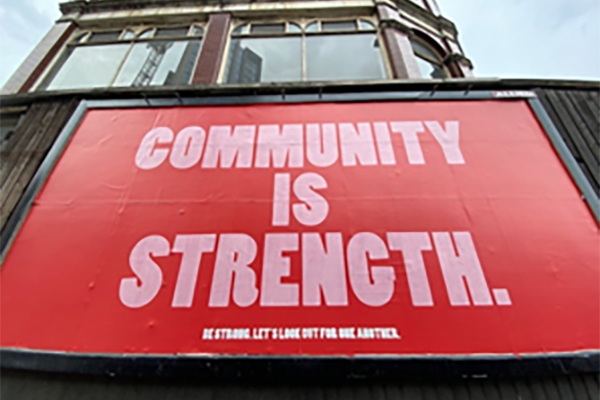


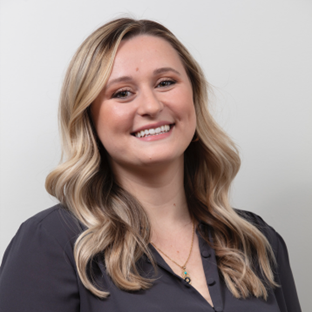
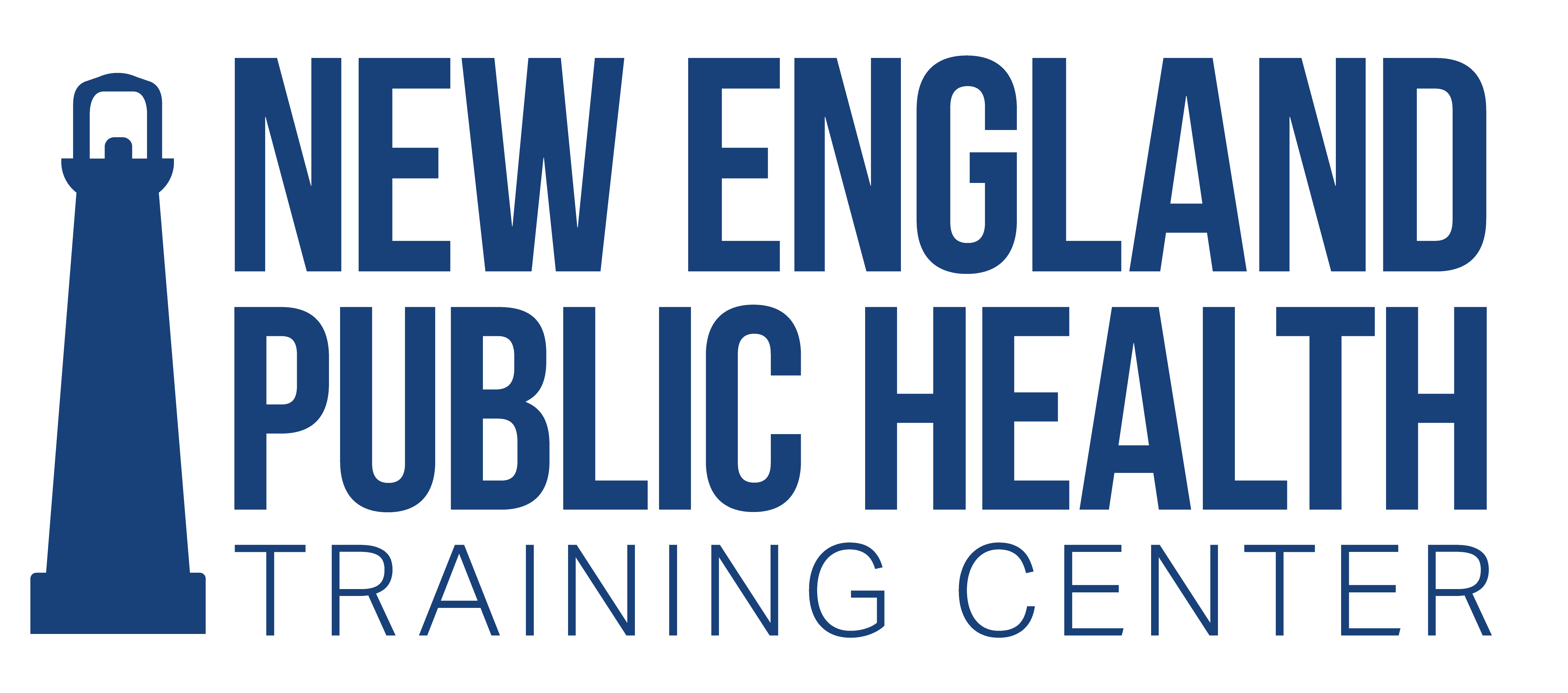


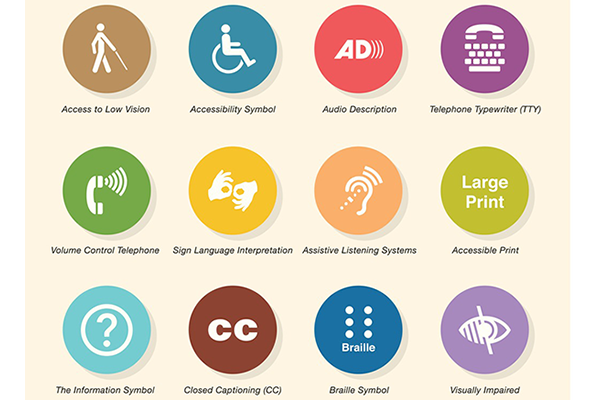

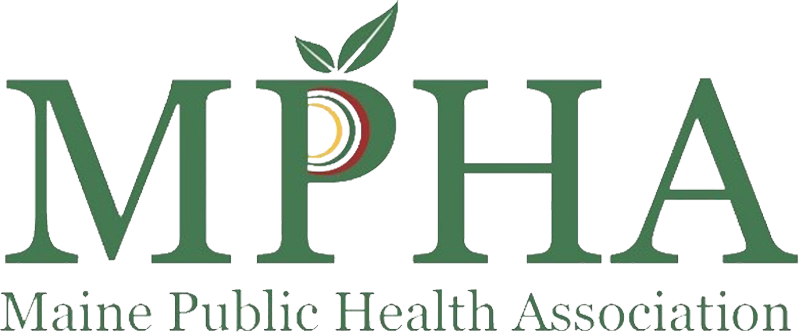





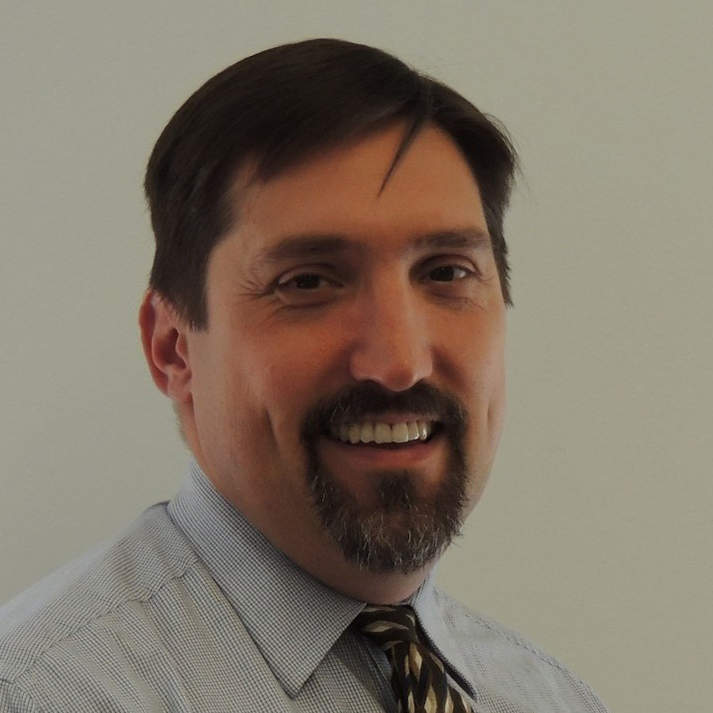
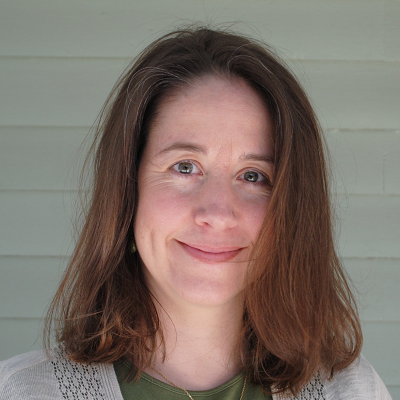

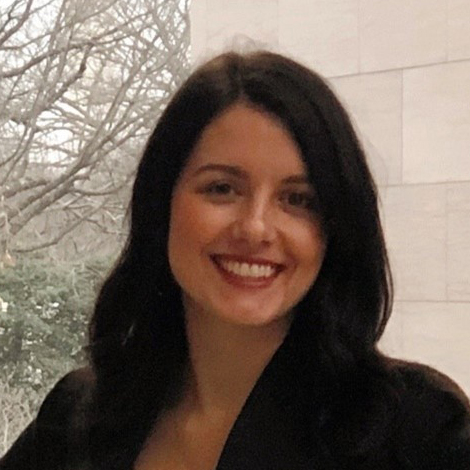
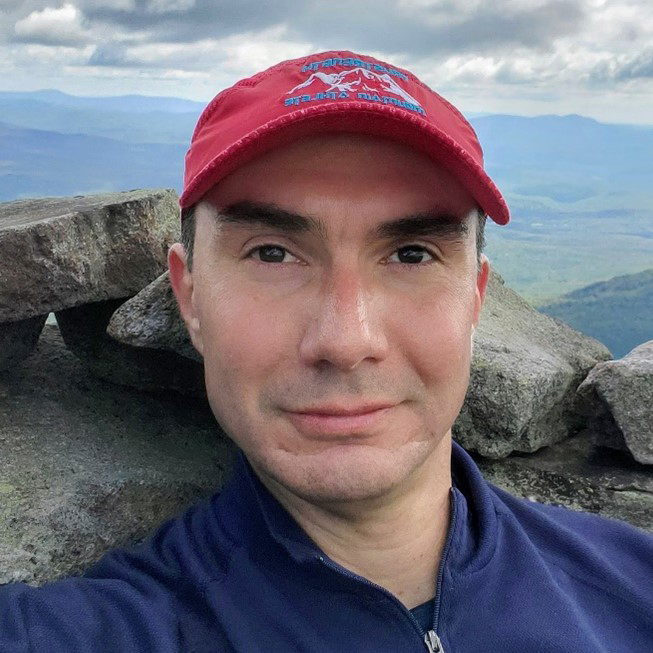





 Max Erbe
Max Erbe